Description
Sintrax is the trade name for the coffee machines made by Jenaer Glas since 1925 until 1968 – basically a household-fit laboratory apparatus made of refractory Borosilicate glass, that displays the process of coffee making. The name Sintrax is a portmanteau of the words sintering and extract. The type of coffeemaker is already used since the 19 th century, but the new innovation was the utilization of the refractory glass, invented by Otto Schott 1887, just used for laboratory apparatus.
First testdesigns were drawn in spring 1925. The draft for the here offered model derived from Gerhard Marcks, who was still master at the Weimar Bauhaus in April 1925 before he changed to the “Kunstgewerbeschule Burg Giebichenstein” in Halle. The Sintrax was introduced by the “Jenaer Glaswerke Schott & Gen.“ on the Leipzig spring fair in the year 1926.
In 1932 the Sintrax received a new handle by Wilhelm Wagenfeld, which reduced – in the meaning of Erich Schott – significantly the “top-heaviness”. Instead of the U- curved handle from Marcks the Sintrax was now marked by a simple, horizontal wooden handle, which is known from other Wagenfeld designs. The ‘Wagenfeld-Sintrax’ was produced until 1939 and after the Second World War from 1951 until 1954 in Jena.
The here offered Sintrax originates from the first production time, what is proved by the original square based mark, the red gumming and the mark of the “Deutsches Frauenwerk” (DFW). This was a Nazi women association in the third empire and served as a melting pot for the members of the conformist women’s clubs of the Weimar Republic. The DFW awarded various recommended household appliances with this seal of approval.
Furthermore: Cat.: DURCHBLICK Jenaer Glas, Bauhaus und die Küche als Labor, WAGNER:WERK Museum Postsparkasse, Wien 2012; Barbara Mundt: Design 1900-1990. Kunstgewerbemuseum Berlin, Berlin 1991, cat. no. 61, p.108; Gabriele Lueg, Design im 20. Jahrhundert, Kat. Museum für Angewandte Kunst Köln 1989, p. 240, no. 425;
Wilhelm Wagenfeld, 50 Jahre Mitarbeit in den Fabriken, Ausstellung des Kunstgewerbemuseums der Stadt Köln 1973, p.44, no. 304.
Werkverzeichnis „Täglich in der Hand“, Industrieformen von Wilhelm Wagenfeld aus sechs Jahrzehnten, Bremen 1994, S.306, no. 68/1; Bauhaus Profile. Ausst. Kat. Museum für Kunsthandwerk Leipzig 1997, im. p. 54.
Priceref for ex.: Herr Auktionen: Sintrax Kaffeemaschine mit Stövchen, Auktion 69, 19. 11. 2011, lot 515, Zuschlag 400 EUR; Quittenbaum München Auktion 106B 102, Taxe 1200-1500 EUR;
The same in: Sintrax Coffee Machine im MoMA Museum of Modern Art New York, Inv.no.:114.1976.a-c.

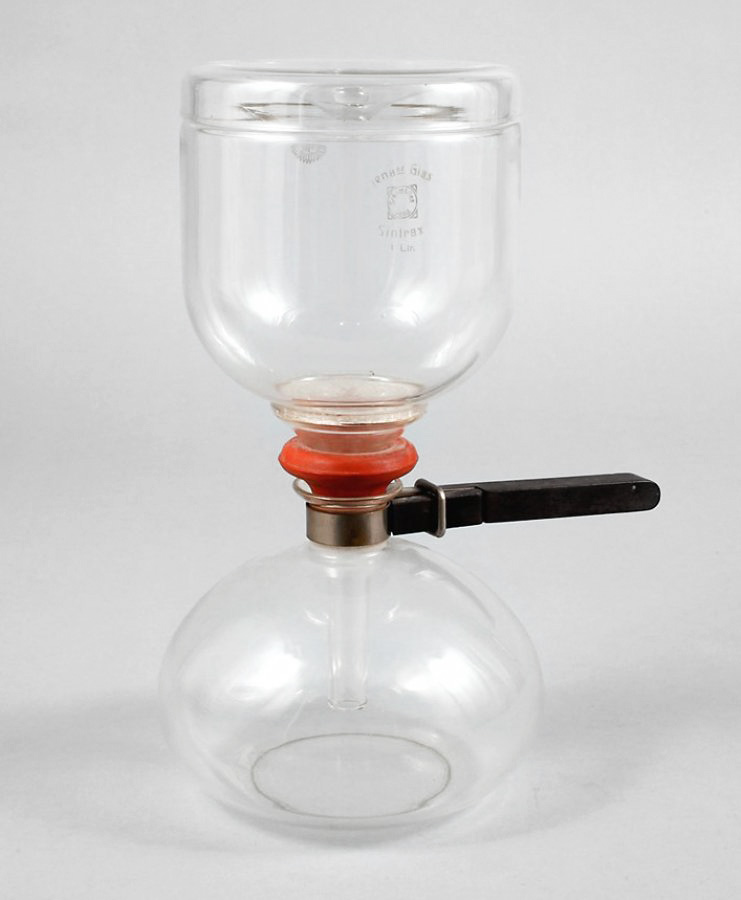
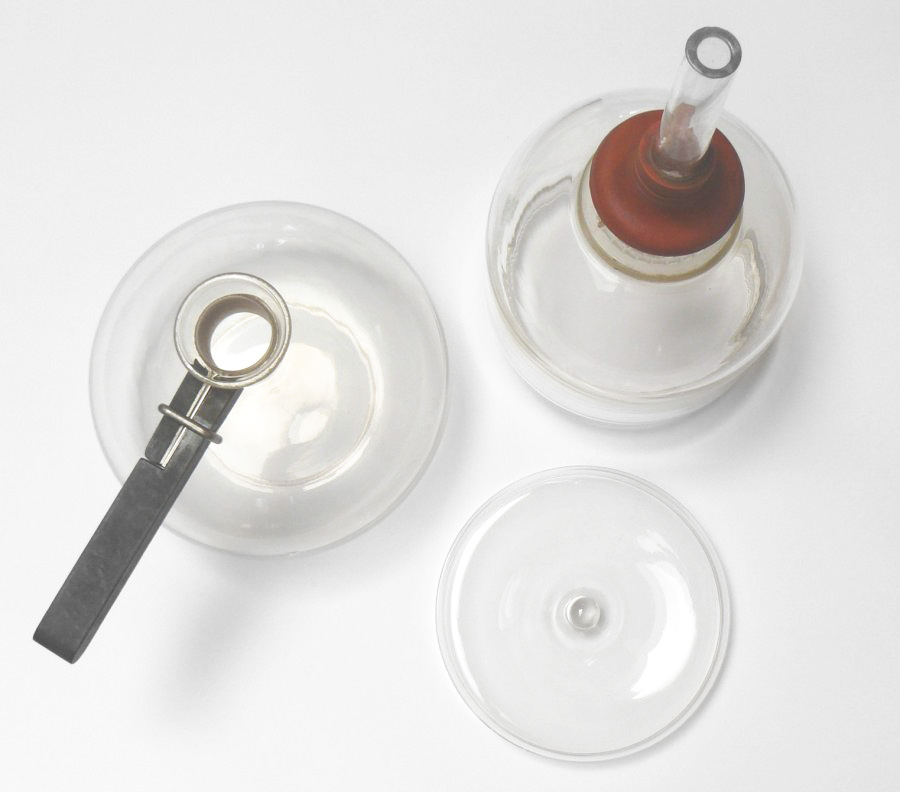
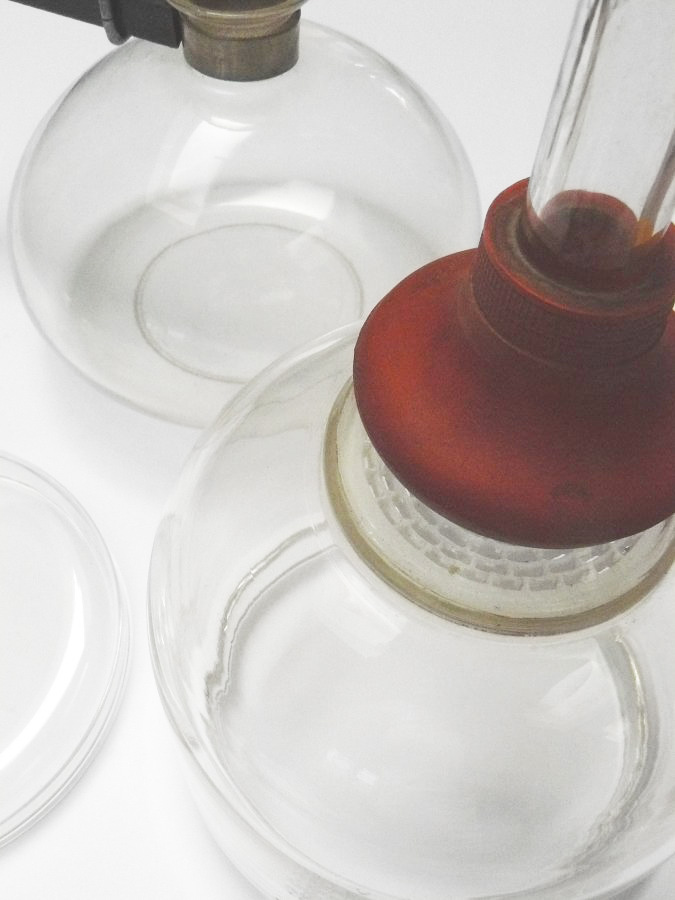
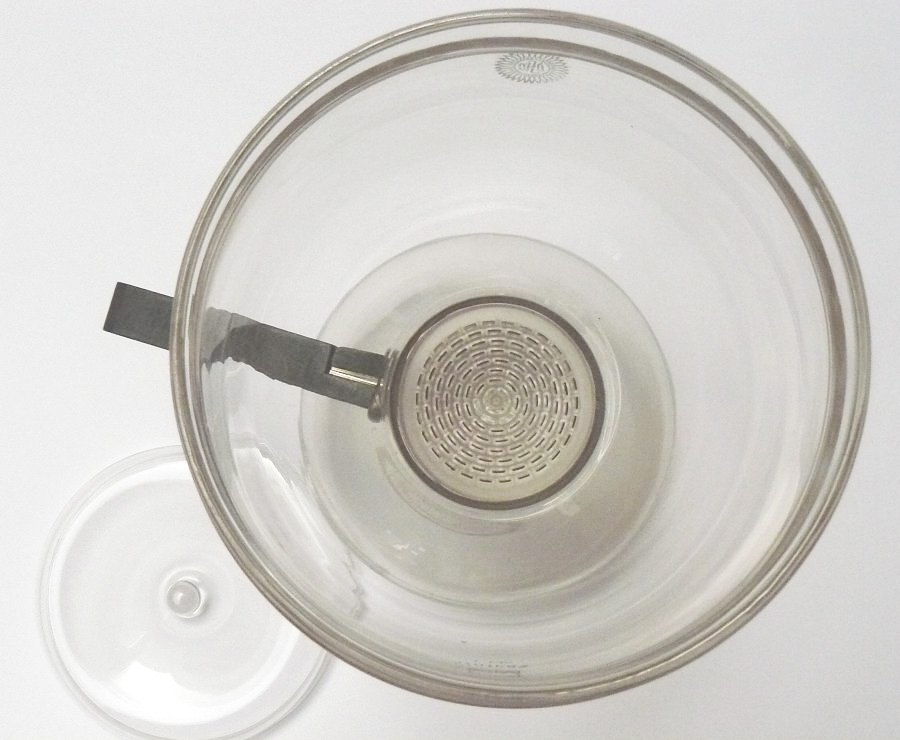
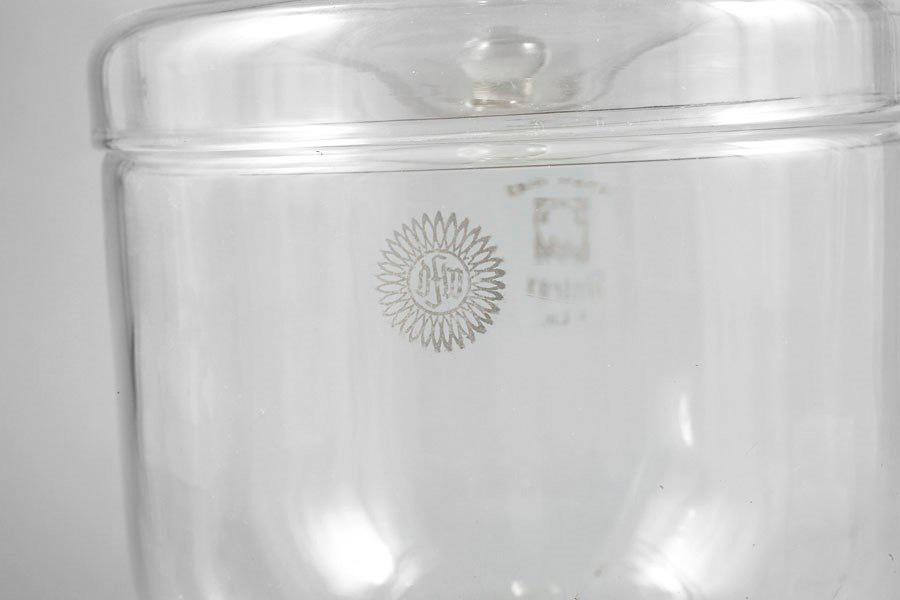
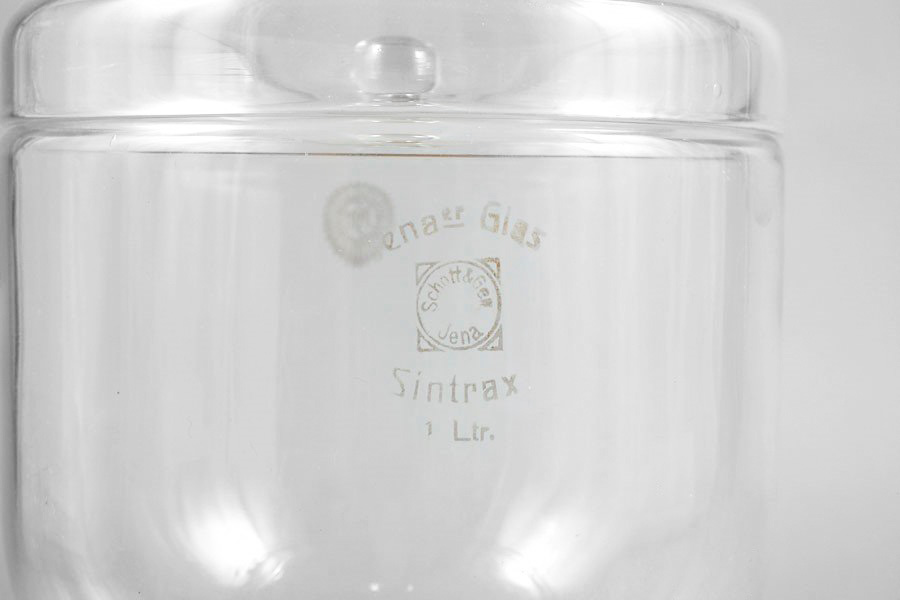
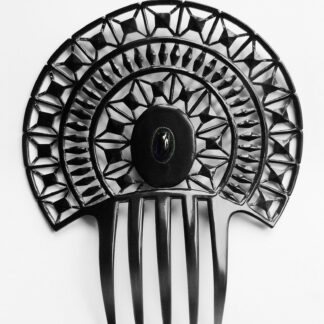
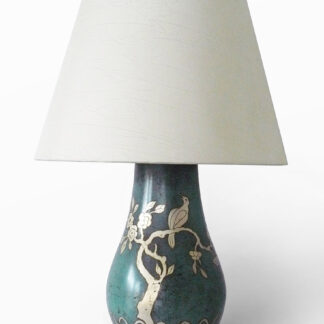
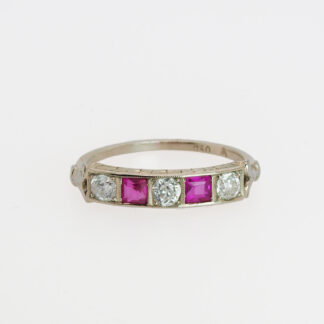
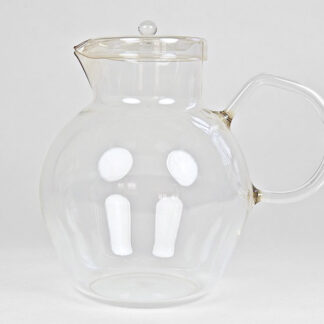
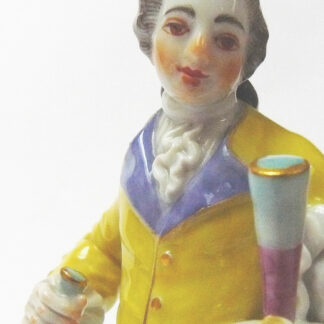
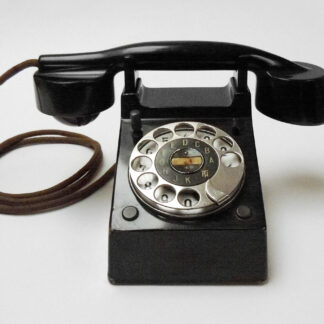
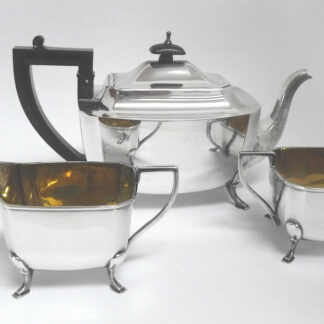
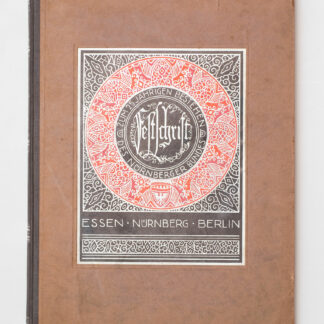
Reviews
There are no reviews yet.